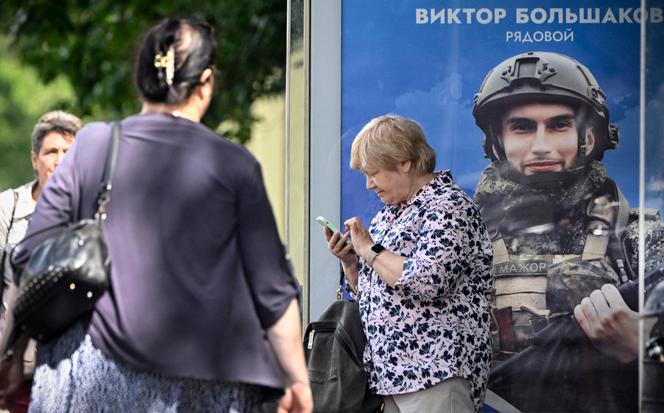


"Mobile network outages are becoming commonplace in Russia." This sentence was not written by a frustrated user fed up with unreliable service, but by Beeline, one of the country's largest telecommunications companies. In a statement published on July 18, this communications giant outlined best practices for coping with deliberate shutdowns and slowdowns of mobile internet access. These disruptions have intensified across nearly the entire Russian Federation in recent weeks.
To justify these decisions, which have major consequences on daily life, authorities have invoked the need to prevent Ukrainian drone attacks – even thousands of kilometers from the front lines. But behind these not always convincing explanations lie drastic restrictions on freedoms on RuNet, the Russian internet.
These outages, which already occurred in early May during celebrations of the 80th anniversary of victory over Nazi Germany, expanded after Ukraine's impressive June 1 "Paoutina" ("Spider Web") operation: a coordinated drone attack on five Russian air bases, some of which are in Siberia. The non-governmental organization (NGO) Na Sviazi counted 69 outages in May and 655 in June. Since then, the lack of mobile internet has become the new norm in Russia. On July 15, the organization recorded interruptions in more than 85% of the country's regions. "The 'Paoutina' operation terrified Russian authorities, who realized drones could appear anywhere," said Sarkis Darbinyan, co-founder of the internet rights NGO Roskomsvoboda.
You have 77.81% of this article left to read. The rest is for subscribers only.
